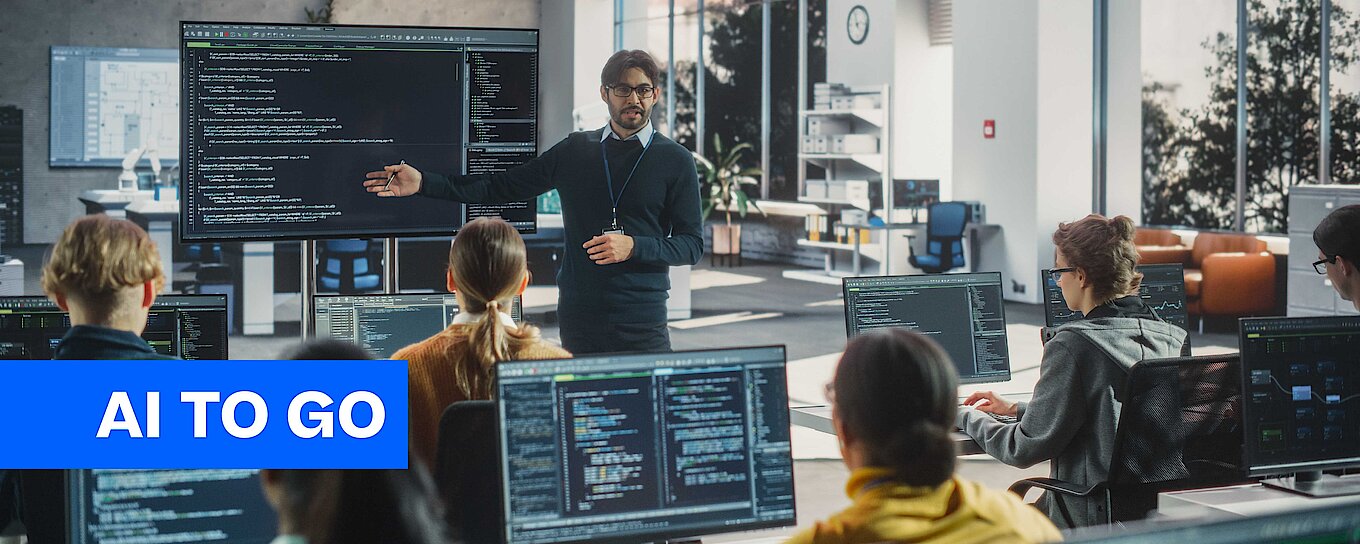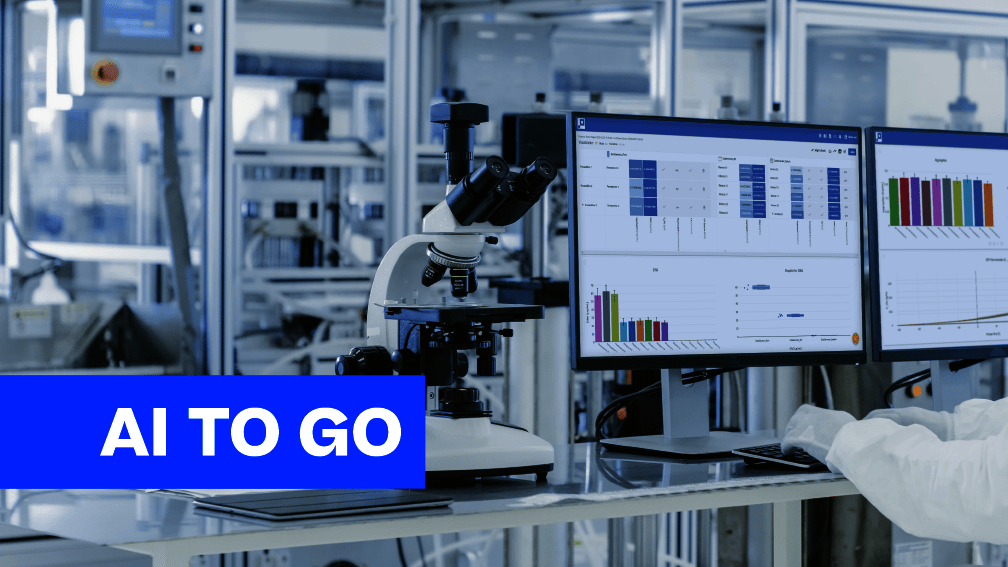Generative AI is one of the most disruptive technologies of the decade, ushering in a new era of creativity, automation, and problem-solving. From creating photorealistic images to automating code generation and content creation, advancements in generative AI are reshaping industries at an unprecedented pace.
According to McKinsey & Company, generative AI could add up to $4.4 trillion annually to the global economy. In this post, we explore the latest breakthroughs in generative AI, its real-world applications in B2B sectors, and how businesses can leverage it to drive growth and innovation.
What is Generative AI? A quick overview
Generative AI refers to a class of AI models that can create new content, text, images, audio, code, and more, based on learned patterns. These models use advanced deep learning architectures, particularly transformers, to generate data that closely mimics human output.
Notable examples include:
- OpenAI’s GPT-4 (language generation),
- Google DeepMind’s Gemini (multimodal capabilities),
- Midjourney and DALL·E (image synthesis),
- Runway ML and Synthesia (video and media content generation).
As these tools mature, their quality and efficiency continue to improve, making them powerful assets for enterprise applications.
Breakthroughs driving Generative AI innovation
Several recent developments are accelerating the adoption and utility of generative AI in B2B contexts:
- Multimodal Models: Next-generation generative models, like GPT-4 with vision and Gemini 1.5, process multiple inputs – text, image, code, video, and speech – allowing for more context-aware and versatile outputs. This paves the way for dynamic customer service bots, intelligent design assistants, and cross-platform content generation.
- Foundation Model Customization: Businesses now have the ability to fine-tune large language models (LLMs) using proprietary data, enabling domain-specific AI applications. Companies like Databricks and Hugging Face are leading the way with tools that make LLM customization more accessible and scalable.
- Ethical & Explainable AI Tools: Concerns around deepfakes and hallucinations have prompted research into AI transparency and governance. Companies like Anthropic are developing “constitutional AI” frameworks, aiming to make generative AI outputs more aligned, safe, and explainable, crucial for regulated industries like finance and healthcare.
Business benefits of Generative AI
- Increased productivity: Employees save time on routine content creation, documentation, and analysis, enabling them to focus on high-value tasks.
- Cost reduction: Generative AI reduces the need for outsourced content, design, and development, delivering substantial operational savings.
- Faster innovation: Rapid prototyping and idea generation help businesses stay ahead of competitors in fast-moving markets.
The future of Generative AI in business
Looking ahead, generative AI will evolve into a co-pilot for every professional function. Emerging trends include:
- Real-time AI collaboration in platforms like Microsoft 365 Copilot and Google Workspace.
- AI agents that can autonomously complete multi-step tasks, not just generate content.
- Verticalized models trained specifically for finance, manufacturing, legal, and other B2B domains.
As the technology matures, expect AI-native business models to emerge, where AI isn’t just a tool, but a central driver of the company’s value proposition.
Generative AI has moved beyond novelty - it’s now a strategic differentiator for modern enterprises. Whether you're streamlining content creation, accelerating product development, or enhancing customer interactions, generative AI offers unparalleled scalability and creativity.
Organizations that invest in generative AI responsibly and proactively will not only boost efficiency but unlock entirely new business models.
For more insights on how AI can revolutionize your manufacturing processes, stay tuned to the "AI to Go" blog.




